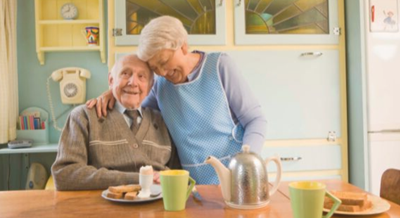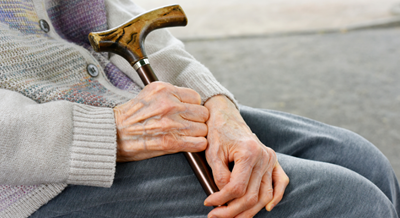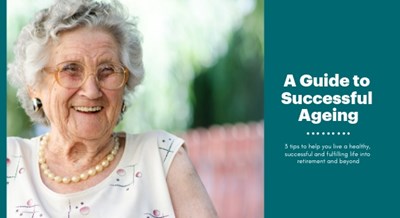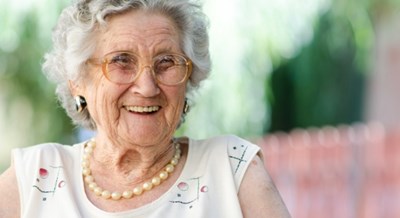What are some of the common issues older adults face?
An older adult is someone who is aged 65 or above. In Ireland, 13.4% of the population is aged 65 and over. As an older adult, it is important to be aware of your mental health, because it can have an effect on your day-to-day living, physical health and overall wellbeing.
Common issues that you may face in later life include:
- living alone
- a feeling of isolation
- a decline in physical health
- bereavement or the loss of loved ones.
You may feel a loss of role, which can happen with retirement.
Many people face these challenges and cope with wisdom and strength. It must be remembered that there are many positive aspects of growing old, but, when your coping abilities are overwhelmed, you may experience symptoms of depression and anxiety.
Please know that there are supports available to help with these issues and get you back to enjoying daily life.
What skills are important for good mental health in older adults?
There are a number of skills to consider when focusing on your mental wellbeing and physical health as an older person. These skills will support your wellbeing by helping you find a regular routine and complete your day-to-day tasks.
Some of these key skills include:
- Skills to help you take part in daily activities and hobbies you enjoy
- Exercises to build on and improve your physical health
- Skills to engage with other people and enjoy social interactions
- Ways to prevent you from falling and hurting yourself
- Anxiety management
- Relaxation skills.
Other practical skills that will help you improve on your mental and physical wellbeing are:
- Cooking skills to help you prepare meal plans that will be easy to follow
- Mental aerobics, which will help you stay mentally fit
- Memory compensation, which means ways to overcome issues with your memory
- Memory rehabilitation skills, which will help to build on your memory fitness.
What treatments are available?
There are lots of options to treat older adult mental health. If you or someone you love is experiencing symptoms or changes in wellbeing, it is helpful to talk to your GP for guidance and referral to appropriate supports.
Caring for older adult mental health can involve a number of approaches, depending on your needs. As part of your recovery, you may work with a number of healthcare professionals, include those in psychology, psychiatry, occupational therapy, social work, nursing, pharmacy and physiotherapy. You may be encouraged to take part in memory exercises and mindfulness practices, and you might also be recommended to take medication to help your symptoms.
The Evergreen Programme here in St Patrick's Mental Health Services (SPMHS) specialises in the mental healthcare of older adults, with a focus on depression and dementia in later life. During this programme, you will receive support for your overall wellness and the help you need to get you back to living your day-to-day life independently. Your own personal difficulties will be taken into account and the programme will be tailored to suit your individual needs.





